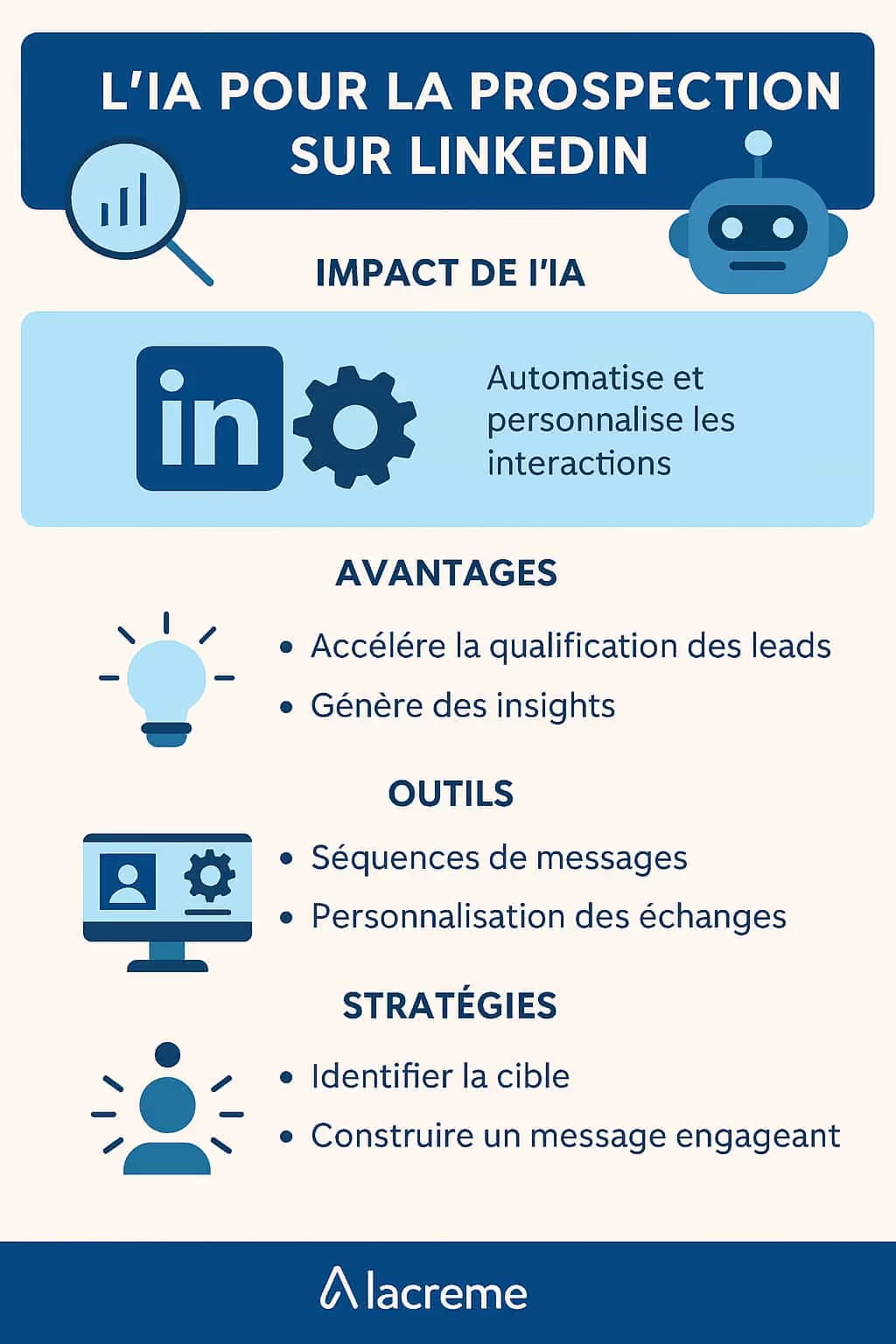At the dawn of a major transformation, the construction sector is beginning to adoptartificial intelligence (AI) to reshape its traditional practices. Technological advances, especially in the field of AI, offer unprecedented opportunities to improve productivity, security and quality in the world of Building and Public Works (BTP). This article explores the progressive integration of artificial intelligence in construction companies and dissects the advantages and challenges posed by this fusion between construction and digital technology.
Definition and role of artificial intelligence in the construction sector
AI: a technological revolution for construction companies
THEartificial intelligence refers to the set of technologies that allow machines to simulate human cognitive abilities. In construction, this means the ability to analyze large and complex data, learn new information, make decisions, and perform tasks independently or semi-autonomously. AI is thus transforming working methods in construction companies, by providing tools to deal more effectively with the stages of design, execution and maintenance of structures.
The different types of AI applied to construction
In the construction sector, various forms of AI find application: machine learning algorithms make it possible to anticipate project delays, optimize resources and reduce costs. Artificial intelligence can also take the form of expert systems for choosing materials or regulatory compliance. Neural networks, on the other hand, process and interpret data from construction sites to constantly improve construction processes.
Concrete applications of AI in construction companies
Optimizing design and preparing projects using AI
AI makes it possible to optimize the design of buildings by offering efficient models in terms of use of space, consumption ofenergy and construction costs. Using advanced software, it helps architects and engineers to simulate different scenarios and to choose the best options in advance. These tools also make it possible to predict and resolve possible conflicts between trades before work even begins.
Automation and construction site monitoring: robots and AI in action
On construction sites, robots equipped with AI take on repetitive or dangerous tasks, improving security And the productivity. Drones, guided by intelligent algorithms, make it possible to monitor the progress of work and to quickly identify problems. AI also facilitates real-time data collection, offering project managers accurate monitoring and decision support that is much more responsive than in the past.
AI for predictive maintenance and post-construction management
Building maintenance also benefits from artificial intelligence. Predictive maintenance systems collect data from sensors installed in structures to anticipate possible failures. This makes it possible to carry out the necessary interventions before breakdowns or damage occur, thus avoiding high repair costs and extending the life of the structures.
The impact of BIM (Building Information Modeling) and AI in construction
BIM: a lever for integrating AI into the construction process
Building Information Modeling (BIM) is a collaborative work methodology that is based on the creation of intelligent 3D digital models. These contain comprehensive data on each component of the building. AI enriches BIM by analyzing this data to improve cost, time, and quality planning. The synergy between BIM and AI thus offers a more precise and predictive vision of the complete life cycle of construction projects.
Collaboration and communication enhanced by AI and BIM
The integration of AI into BIM promotes better collaboration between all actors in a construction project thanks to streamlined communication and a clearer visualization of information. Teams can access a single source of truth, reducing the risk of errors and misunderstandings. This level of interaction improves overall work efficiency and customer satisfaction.
The economic and environmental benefits of AI in construction
Cost savings and improved efficiency with AI
By allowing better allocation of resources and streamlining of processes, AI contributes significantly to the reduction of construction costs. Predictive algorithms optimize the purchase of materials and the management of logistics, while automating tasks reduces the amount of work required and the risk of human error.
Contribution of AI to sustainable construction and the reduction of the carbon footprint
AI is also an ally of sustainable construction by allowing the creation of buildings that are more energy and resource efficient. It helps to design structures that are optimized for thermal insulation, natural ventilation, or the integration of renewable energy sources. This leads to more environmentally friendly constructions and to a reduction in the carbon footprint of the construction sector.
What is the future for artificial intelligence in construction companies?
Future AI forecasts and trends in the construction industry
The future of AI in construction promises to bring even more innovations and improvements. The trend is to increase real-time data processing capabilities, to expand automation, and to advance the personalization of spaces. The focus will be on developing even more integrated and intelligent tools that can model complex construction scenarios and facilitate interaction between the different phases of the project cycle.
The training and adaptation of professionals in the age of AI
For the construction sector to take full advantage of artificial intelligence, an evolution of skills is necessary. Professionals should To form to new digital tools, and a culture of innovation must be encouraged at all levels of the sector. Construction companies that know how to integrate AI and train their employees in these new methods will be the ones that will thrive in this new digital era.






